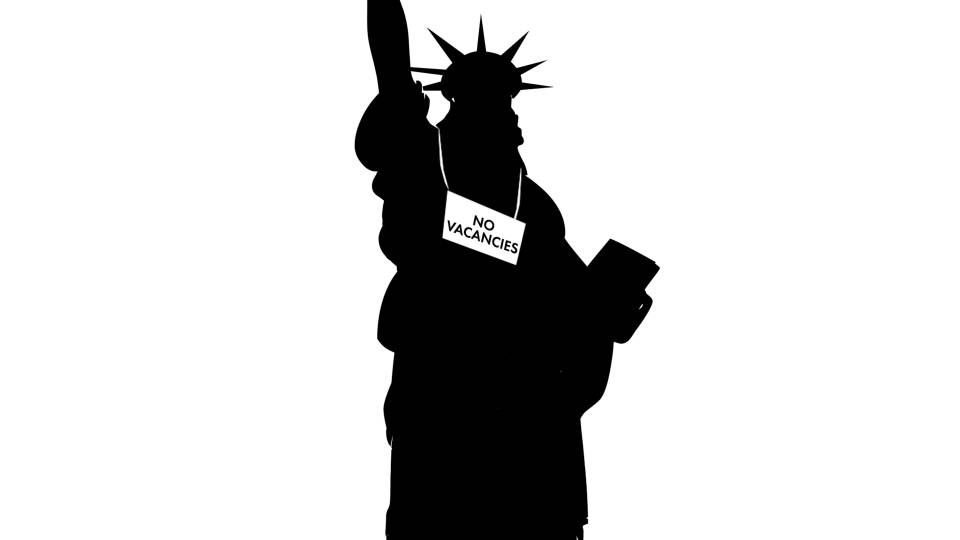Black applicants without criminal records are no more likely
to get a job than white applicants just out of prison, according to a Princeton
University study of nearly 1,500 private employers in New York City.
The study, “Discrimination in Low Wage Labor Markets,” was
conducted by sociology professors Devah Pager and Bruce Western .
It is the largest and most comprehensive project of its kind to date.
The study, which investigated discrimination against young
male minorities and ex-offenders by employers, also showed:
• Young white high school
graduates were about twice as likely to receive positive responses from New
York employers as equally qualified black job seekers;
• Ex-offenders face serious
barriers to employment; a criminal record reduced positive responses from
employers by about 35 percent for white applicants and 57 percent for black
applicants.
Even without criminal records, however, black applicants had
low rates of positive responses, about the same as the response rate for white
applicants with criminal records. Hispanics also faced discrimination by
employers, but were preferred relative to blacks.
"The results of this landmark study are deeply disturbing
and highlight the need for strong enforcement of the New York City Human Rights
Law," said Patricia Gatling, commissioner of the New
York City Commission on Human Rights, which assisted in the study. In New
York City it is illegal for employers to discriminate
on the basis of race or a criminal record.
The researchers presented the results of their study at the
Population Association of America's annual meeting in Philadelphia
on March 31 and are preparing a paper for submission to an academic journal.
"A lot of people are skeptical that African Americans still
face discrimination in the job market. But even in a diverse city like New
York , the evidence of discrimination is
unmistakable," Pager said.
Since 1972, the U.S.
prison population has increased seven-fold, and that upsurge has affected young
black men more than any other group. Research shows that young black men have a
28 percent chance of winding up in prison. About 60 percent of black high
school dropouts will go to prison by age 35.
"The statistics from our study suggest that employer
discrimination against minorities and ex-offenders has significantly undermined
job opportunities for young black men with little schooling," Western said.
The study used an experimental audit methodology in which
teams of young men applied for real job openings throughout the city,
presenting the same qualifications and experience. By recording which
applicants were invited back for interviews or were offered jobs, the study
shed light on how and when an applicant’s race or criminal background may be
used as a screening mechanism by employers.
The study also found that minority employers were more
accepting of minority applicants and job applicants with prison records. The
researchers found no evidence, however, that educational credentials helped
counter the stigma of incarceration.
The study goes beyond earlier attempts to measure employment
discrimination. Previous studies have been conducted on a relatively small
scale. New York City , by virtue of
its size and diversity, offers a large applicant and employment pool and a wide
variety of industries. The researchers sent 13
applicants on nearly 3,500 job interviews with 1,470 private companies ranging
from restaurants to manufacturing to financial services. All jobs were entry
level.
Further, in a departure from previous studies that included
black and white men only, this study included Latinos, who account for 20
percent of New York ’s labor force
and also are a significant part of the low wage labor market.
"The research of
professors Pager and Western will guide policy makers not only in New
York City but in other urban areas with large and diverse
populations," said Anthony Shorris, director of Princeton ’s
Policy Research Institute for the Region.
The study was funded by the National Science Foundation, the JEHT (Justice, Equality, Human Dignity and Tolerance) Foundation and the Policy Research Institute for the Region at Princeton University ’s Woodrow Wilson School of Public and International Affairs. The New York City Commission on Human Rights provided office and administrative assistance. Key staffing support was provided by the Legal Action Center.

